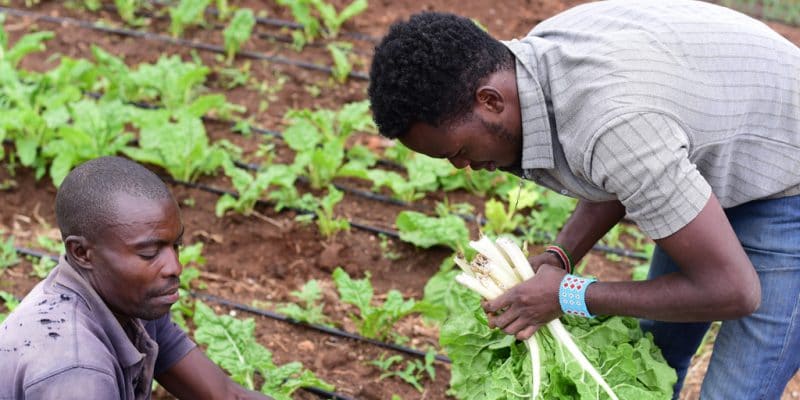In Kenya, the central government is planning to allocate 1.2 billion Kenyan shillings (about $11 million) for the irrigation of farmland in Nyeri County. A project is already underway in Changachicha.
Farmers in Nyeri County, central Kenya, got the good news on August 27th, 2021. The new funding of 1.2 billion Kenyan shillings (almost $11 million) will help implement irrigation projects in this county of over 759,000 people. The aim is to improve the yield of agricultural land, as well as food security in Nyeri County, which is often affected by drought.
According to Kenya’s Minister of Water, Sanitation and Irrigation, Sicily Kariuki, the funds will be divided between several projects. Among them is the Changachicha Irrigation Project, which will be launched in February 2021.
Water supply by 2022
Kenya’s National Irrigation Authority (NIA) is implementing the Changachicha project in Othaya Constituency, Nyeri South Sub County. According to the government agency, the project covers over 202 hectares of plantation. It includes an intake, a 5,840m long pipeline, a 12,340m long main pipeline for Karandi-Mucharage-Kariki, a 1,350m long main pipeline for Karandi-Kiganjo, similar facilities of 6,260m long for Karandi-Ngaru-Kiriti, water distribution networks and an internal system.
Read Also – AFRICA: water, at the heart of the continent’s environmental challenges
The Changachicha project will be completed in 2022. All the facilities will benefit 2,000 people directly and 1,000 indirectly. “Farmers in Nyeri are expected to generate about 125 million Kenyan shillings ($1.13 million) per year in the Kenyan economy through the irrigation of high value vegetables, potatoes, cabbages, kale, tomatoes, garden peas, spinach, carrots, etc.,” says NIA, headed by Joshua N. Toro. These achievements will contribute to the Big 4 agenda on food security and nutrition in Kenya.
Inès Magoum







